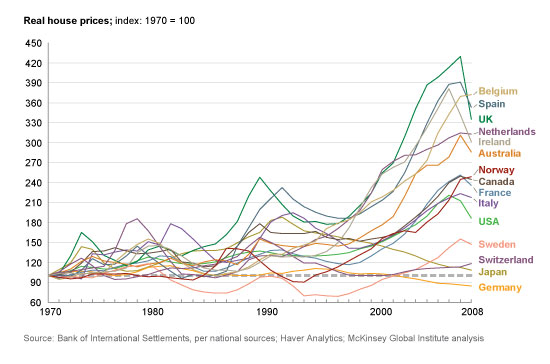Schneibster wrote:Seraph wrote:Schneibster wrote:Seraph wrote:Schneibster wrote:Correlation is not causation. I'm still not seeing evidence for cause and effect.
You got me there, mainly because correlation is all we have if David Hume is correct, which I believe he is.
Mechanism.
Hume didn't know enough physics to say.
So, how do we know there is a necessary connection between event A and event B?
What do you mean by "necessary connection?" We're talking about cause and effect. That's what causation is.
You can't have causality without a necessary connection between cause and effect. How do we know there is a necessary connection between sunrise and daylight? Yes, we have observed the correlation billions of times, but at what point - and how - can we prove a necessary connection that would turn a correlation into causality? I put it to you that the observation of a correlation will never prove a necessary connection as such. We are basically sophisticated
inductivist turkeys.
Schneibster wrote:When you have repeating phenomena, you can just crank the correlation up
Correct.
Schneibster wrote:When you can show a mechanism by which one causes the other, then a) you're sure you didn't get it wrong way 'round, b) you're sure they're not random unrelated phenomena that coincidentally happened at the same time, and c) you can establish causation without repetition.
A bit circular - as highlighted, but yes, agreed. I am just saying there is no such mechanism.
Schneibster wrote:So, by what mechanism do you propose that US housing prices influenced some European housing prices but not others? The housing prices fairy?
I would expect local factors to have affected outcomes in the others. The graph indicates they are in the minority. We are not talking about as simple and uniform as the theory of gravity here, are we?




